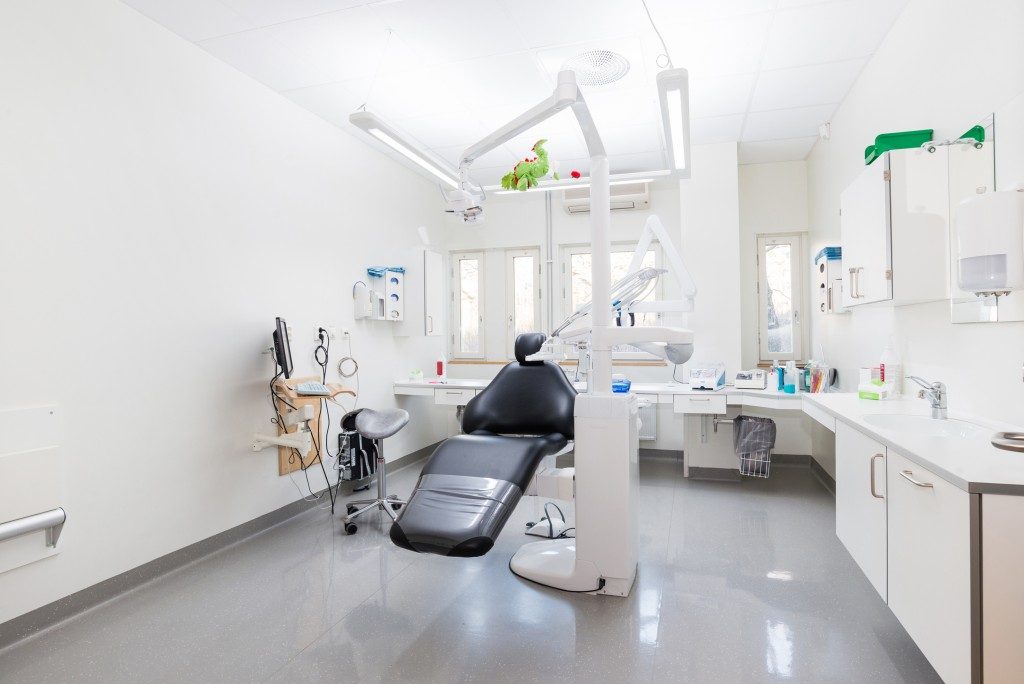The number one reason for massive recalls in the food industry is the presence of allergens. Sanitation is a crucial component of an effective control program for allergens in factories and manufacturing plants.
Allergens and irritants in a food manufacturing plant can not only affect the workers but also infect processed food items. Even without food allergens, there are also some other things that can spoil food products.
To ensure there are no allergens during the production phase, the facility and equipment must be closely monitored. After each production cycle, different cleaning tools and chemicals are used to sanitise them. The items cleaned include the floors, equipment, crates, carts as well as the holding areas. Food-grade cleaning solutions are used because the products are consumable items.
Microbiological Agents
Cleaning microbiological agents is very important for any food safety measure. Once missed, it can ruin the entire process and taint the manufactured food with microbes. The right sanitation program implementation can inhibit these risks. Food companies focus on the proper monitoring for all regulatory segments.
The sanitation program must include vital factors like cleaning walls, floors, ceilings, outside grounds, transportation equipment, air handling tools, maintenance areas and cleaning equipment. It also includes the overall welfare of employees who are part of the manufacturing and food handling process. The focal point of the sanitation policy is to get rid of and kill harmful microbes and other microbiological organisms and remove them from areas that can support the growth of any such organisms.
Activity of Pests
Food products are vulnerable to various insects, birds and rodents. The sanitation program must be well crafted to obliterate food residues from building, equipment and other tools. These residues often attract pests that thrive and reproduce. Whenever there is active pest activity at a manufacturing plant, the typical response is to blame the pest control company. The cause is often food materials left out in the open that allow pests to feed and develop.
Avoiding pest infestation should be done with the right sanitation, and this must be properly included in the microbiological aspect of the food processing. Do away with pest attractants like any spills from ingredient equipment used in processing. The food materials and ingredients must not accumulate over time that microorganisms may develop within the food matter.
Safety
 Sanitation is 100% necessary to keep the entire workplace clean and inhibit any trip, fall or slips, as well as avoid any dust or dirt from accumulating to extreme levels. It sometimes happens that clean floors and tiles are also slippery and can contribute to worker injuries. Although the best solution is to replace the flooring and use non-stick surfaces, for a quick floor cleaning, a ride-on scrubber may be needed to sweep the floor of dust and dirt. Regular cleaning is the key in these cases.
Sanitation is 100% necessary to keep the entire workplace clean and inhibit any trip, fall or slips, as well as avoid any dust or dirt from accumulating to extreme levels. It sometimes happens that clean floors and tiles are also slippery and can contribute to worker injuries. Although the best solution is to replace the flooring and use non-stick surfaces, for a quick floor cleaning, a ride-on scrubber may be needed to sweep the floor of dust and dirt. Regular cleaning is the key in these cases.
Assess and carefully consider how tasks are carried out, which is crucial in any food processing plant. The right education and training must be provided to all employees from the bottom to rank and file to implement the right sanitation obligation to do away with any accident or impending injury.




